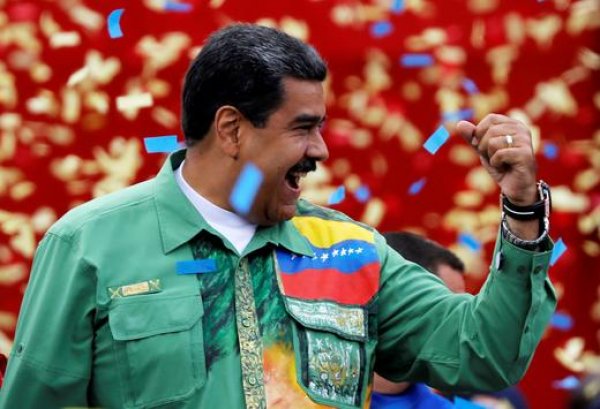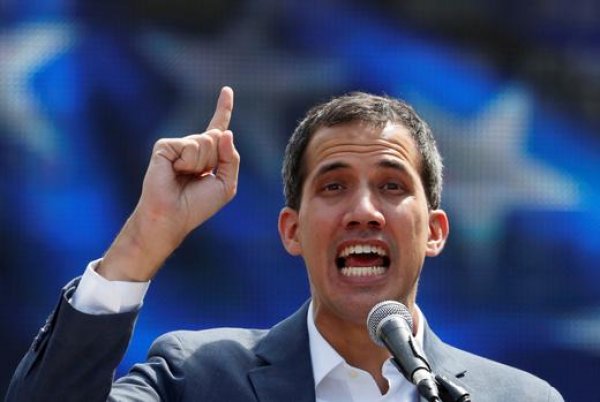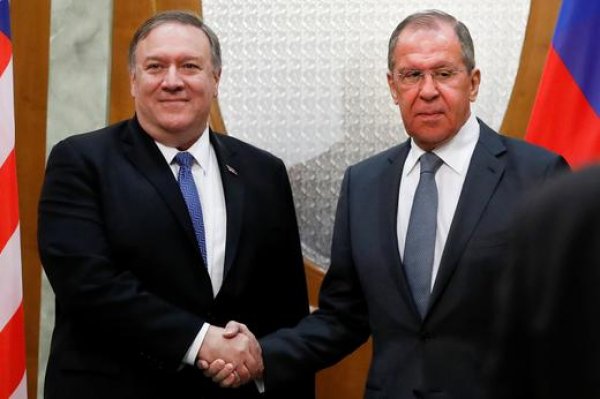US Secretary of State Mike Pompeo visited Russia this week to discuss several issues with President Vladimir Putin’s diplomatic officials. This political move was made in order to strengthen relations and clear differences with the Russian government.
‘SUPPORT FOR MADURO MUST STOP’
Both sides have shown goodwill on topics discussed such as control of nuclear weapons and the growing tensions between Iran and the US Nevertheless, they disagree on issues like the Russian electoral interference and the political crisis in Venezuela, where positions are irreconcilable.
On his first trip to Russia as secretary of state, Pompeo issued the Venezuelan crisis as one of the White House’s priorities in foreign policy, hoping to bring Russia closer to his diplomatic position and leave differences behind. However, his request that Russia must “stop supporting” Venezuelan President Nicolas Maduro was not well received.

The US has accused Moscow of “interfering” in the process of democratization in Venezuela by supporting the legitimacy of Maduro as president, while Washington supports Juan Guaido’s declaration, proclaiming himself as interim president of Venezuela.

After the meeting of Pompeo with Russian Foreign Minister Sergei Lavrov, differences over Venezuela came to light. Lavrov later told reporters that “democracy can not be imposed by force”. Russia is betting on diplomatic dialogue to end the Venezuelan crisis. “The threats we heard against the Maduro government, threats that come from US officials’ speeches, have nothing in common with democracy,” said Lavrov.

“Our cooperation has been excellent: in North Korea, in Afghanistan. We have done great anti-terrorism work together. These are things we can build on,” Pompeo told the Russian official.
The agenda also includes bilateral agreements for the control of nuclear weapons, the situation in Iran and Syria, as well as the relationship between Russia and the US, which is not in the best terms.
